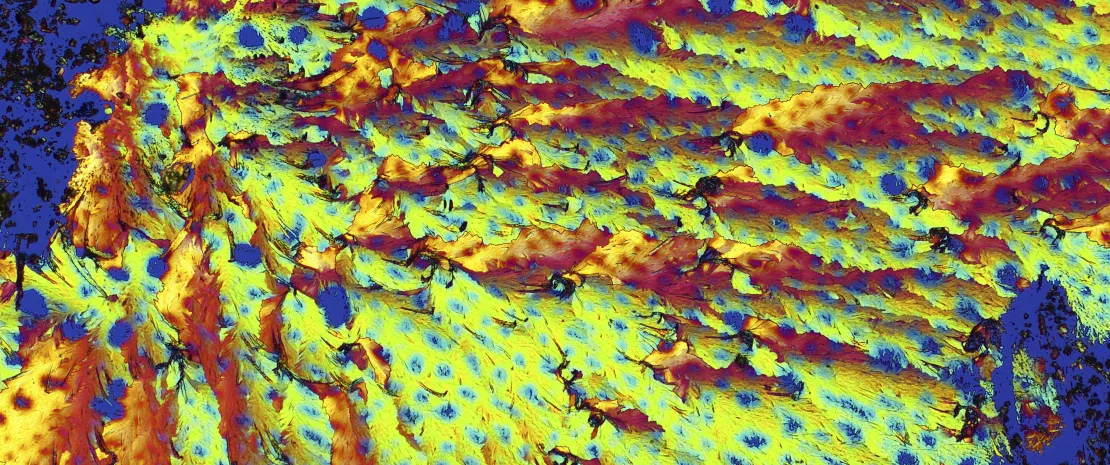Gut bacteria turn stress hormones into progestins hormones: a surprising role for hydrogen gas
Researchers found that gut bacteria can flip stress hormones into progestins hormones - all powered by hydrogen gas! This unexpected discovery could reshape how we think about gut health, pregnancy, and even mental well-being.
Lay public section
Find here your dedicated section
Sources
This article is based on scientific information

About this article
Author
In a groundbreaking discovery, researchers have found that certain gut bacteria can convert stress-related hormones into progestins hormones, all with the help of hydrogen gas. This research, led by Megan McCurry and her team 1 , reveals how gut microbes, specifically Gordonibacter pamelaeae and Eggerthella lenta, metabolize glucocorticoids - hormones produced by the body in response to stress - into progestins, which play crucial roles in pregnancy and brain function. The findings, published in Cell, open new doors for understanding how the gut microbiome influences women’s health, especially during pregnancy.
The unexpected role of hydrogen gas
One of the most surprising discoveries in this study is the role hydrogen gas plays in gut bacterial metabolism. Traditionally seen as a byproduct of digestion, hydrogen gas is now shown to be a key factor that boosts the bacteria's ability to convert glucocorticoids into progestins. The research demonstrates that hydrogen gas production by gut bacteria such as E. coli creates an environment that promotes this steroid transformation. When these bacteria are grown together, they produce significantly more hydrogen, which facilitates the conversion process.
This revelation that hydrogen can drive such important hormonal transformations highlights an entirely new aspect of gut microbiome function. Until now, hydrogen’s role in gut metabolism was mostly associated with gas production and fermentation, but this study sheds light on its critical influence in secondary metabolism, particularly in steroid hormone processing.
Bacterial progestin production: a potential link to pregnancy and mental health
The research also reveals that the gut bacteria's conversion of stress hormones into progestins has physiological relevance, especially during pregnancy. The study found that levels of bacterial progestins were significantly higher in the feces of pregnant women compared to non-pregnant women. One such progestin, allopregnanolone, is already FDA-approved as a treatment for postpartum depression, hinting at the potential impact of this bacterial process on maternal mental health.
Progestin levels in feces were found to be two orders of magnitude higher in pregnant individuals compared to non-pregnant individuals.
This link between bacterial hormone production and pregnancy is crucial, as progestins not only regulate pregnancy but also act as neurosteroids that affect brain function. The study suggests that these bacterial transformations could influence not just pregnancy outcomes but also postpartum conditions like depression and anxiety.
Gut microbes: the new endocrine players?
Beyond pregnancy, the implications of these findings extend to broader health contexts. If gut bacteria can transform stress hormones into bioactive compounds that affect the brain and reproductive systems, this raises exciting possibilities for how we understand gut health’s impact on overall hormone regulation. The discovery suggests that the gut microbiome acts almost like an additional endocrine organ, capable of influencing hormonal balance and mental health.
Recognizing the microbiome’s role in hormone regulation could pave the way for innovative treatments targeting gut bacteria. In the future, microbial therapies might help manage conditions related to hormone imbalances, such as polycystic ovary syndrome (PCOS), mood disorders, or even fertility issues.
Conclusion
In summary, this research reveals that gut bacteria, when aided by hydrogen gas, can convert stress-related hormones into pregnancy hormones with profound potential effects on women’s health. The findings not only change our understanding of gut microbiota but also open new avenues for clinical interventions in hormone-related health conditions.









